The Chamber of Deputies' Committee on Human Rights, Religious and National Minority Affairs organized on Wednesday a roundtable meeting to mark the 169th anniversary of the emancipation of the Roma, where Committee chairman Nicolae Paun, who serves as representative of the Roma minority in Parliament, spoke about the absence of a national program for the Roma and deplored the fact that the current coalition hasn't initiated such a project either.
"I think that after 169 or 170 years - because the process of emancipation did not start on a fixed date, (...) so we can speak of distinct periods - (...) Romania's Roma communities had definitely different expectations. Probably, had the Romanian society treated us more seriously, it would have taken into account an essential aspect, namely that we were slaves for 500 years. Being a slave means to serve. That is, we served this country in various forms, whether we are talking about the monastic Roma, or whether we are talking about other categories - like those owned by boyars, the problem is that we have served for entire generations. In other words, this means that we have shouldered the effort for the well-being of this country, in one form or another another, in better or worse times of the history of the Romanian nation," the MP said.
Paun showed that the Roma participated directly or indirectly in both world wars, and that records exist about mass graves from that time, but "this has not been taken into consideration up until now."
"We don't know what history holds in store for us, if it won't repeat, but Roma also participated in the 1989 Revolution and made a difference so that the welfare of this country or Romania would take a different path. So, we had the status of slaves, we had the status of deportees in the period 1941 - 1944, we had the status of assimilated minority during the communist period, we were and still are, I'd say, in a condition of social marginalization. This is another form of slavery, not institutionalized, but a modern slavery. Of all the Roma communities living in Romania, 75% fare poorly and very poorly, which means that 170 years of so-called freedom were not enough to make extraordinary things happen," Paun said.
According to him, there are over 200,000 Roma homes for which the residents do not have documents, more than 100,000 Roma children do not go to school, and school dropout rates are dramatic.
"We can talk about young, or even older people - to the tune of tens of thousands - who have never seen a family doctor. Over 200 thousand young people are unable to find a job, and the list can go on. So 170 years on after the emancipation, we can divide the Roma minority into two categories: somewhere around 20-25% who have managed to integrate, to make it on their own without outer help, just through hard work put in by generations, (...) and 75% who live like in the Middle Ages," the deputy pointed out.
Nicolae Paun went on to say that he would have been happy if the current ruling coalition would have owned up to this situation and started a project or a national program.
"I would have been extremely happy and I was holding out high hopes that the current government coalition would kick off a project or a national program, the one that we announced, titled 'Romani ethnics for Romania', and that they would try to come up with concrete solutions. Yet for now I don't see anything concrete happening and this is why in the coming period I will continue to draw attention to the fact that setting aside special places for the Roma in high schools is not enough if we don't manage to put two sandwiches in their school bags. (...) We must understand that without running water so that they can wash and properly tend to themselves, there's no way for us to make them a basic generation of tomorrow. I didn't return to the Romanian Parliament because I have no job, I did not return to the Romanian Parliament because I'm indebted to someone, I have no political affiliation, I am neither left nor right, neither of the North, nor of the South Pole. I am the representative of the Roma communities and I will always say things as I believe they should be said," Paun explained.
He went on to remark that he has a difficult mission in the coming period: "We are not lacking ideas, we are not trying to point fingers, but to become partners of the state institutions, so that together we can identify the best solutions to solve some of the problems the Roma communities are facing. This is also the reason why I will attempt to talk to the prime minister once again."
Acting President Ilie Bolojan emphasized in a message sent to the meeting that the Roma emancipation represents one of the most important moments in national history.
"It is important that on this day we remember the suffering endured by this community throughout history. The Roma have been subjected for a long time to humiliation, discrimination and a life devoid of dignity. Our moral duty is to know this past which belongs to all of us, which we can learn from in order to oppose any form of violence, exclusion and hatred. History shows us the danger we are exposed to when we ignore the suffering of the marginalized, when we fail to sanction discrimination and when we yield to rhetoric that attempts to rewrite the facts and sow division," was Ilie Bolojan's message delivered by presidential advisor Catalina Galer.
According to him, the emancipation of the Roma is not only a moment of commemoration, but also of celebration of freedom, hope and regained dignity.
"There can be no true democracy without culture and civic education, and Romania today has the legislative and educational framework in place to actively support the inclusion of the Roma in a climate of balance, dialogue and awareness. An example in this direction is the introduction of the subject matter 'Roma history, slavery and deportation' in the school curriculum for gymnasium and high school students. Thus, ignorance can no longer be used as an excuse for overlooking the tragedy of this ethnic group. Unfortunately, there are still gaps that affect the Roma community, retrograde mentalities that hinder social progress," was the acting president's message.
Attending the event were representatives of the Department of Interethnic Relations, lawmakers, representatives of non-governmental organizations, journalists.
The debates were moderated by Catalin Manea, first vice-president of the Pro-Europe Roma Party Association.

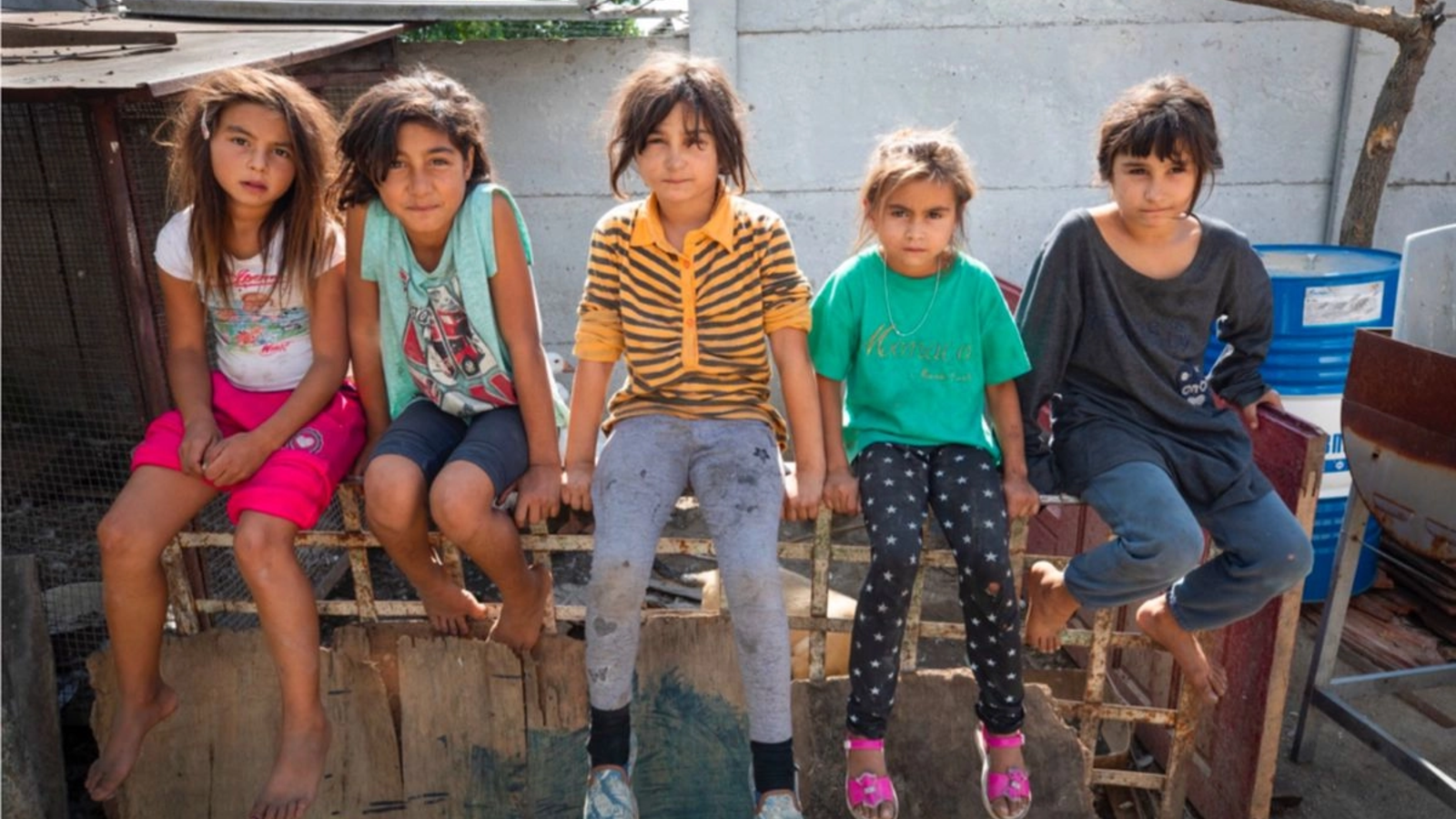
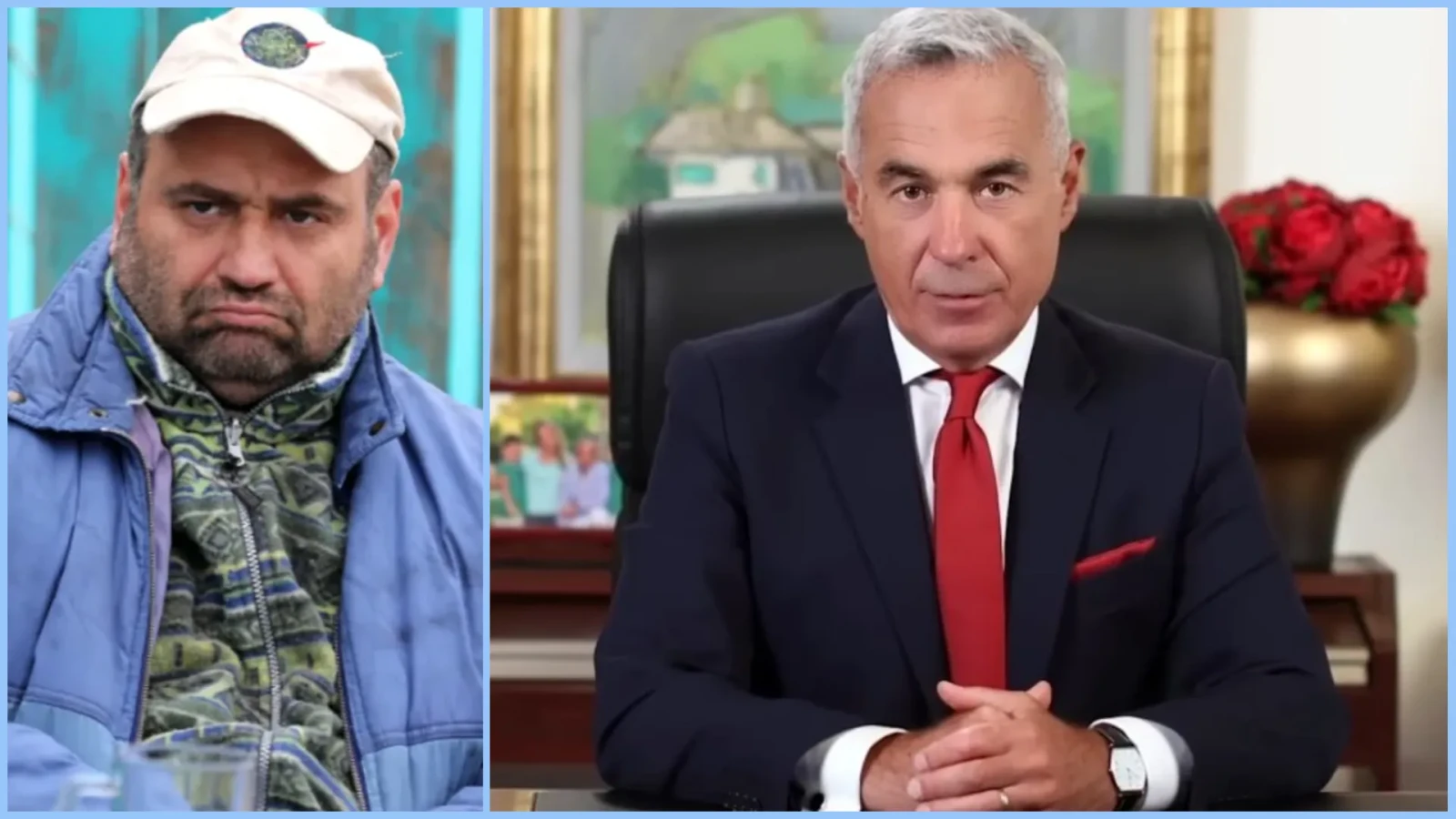

















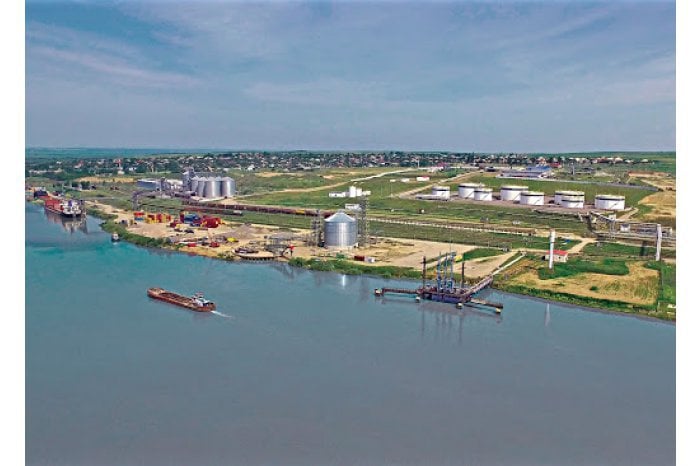
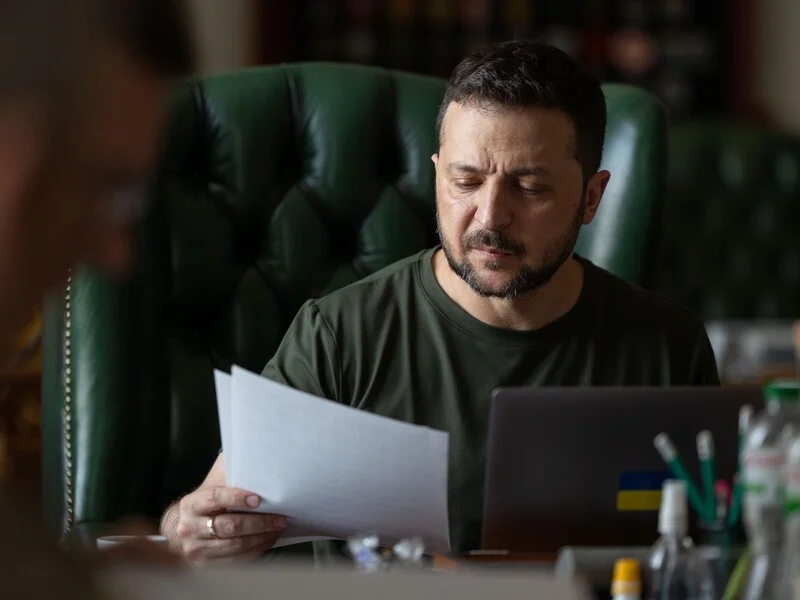

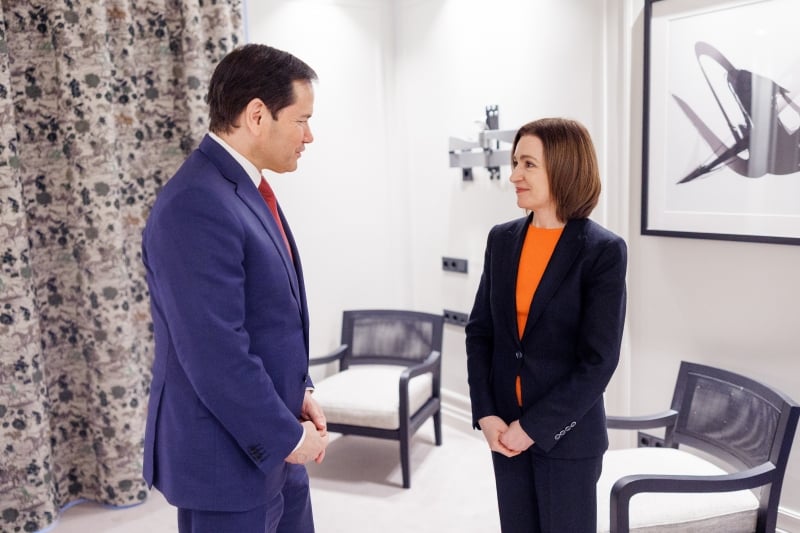








Comentează